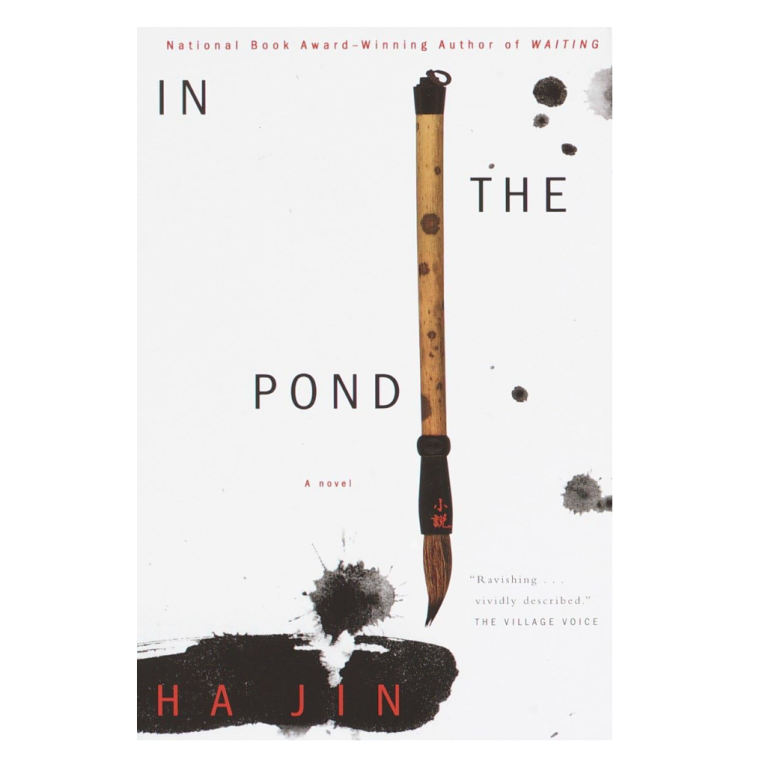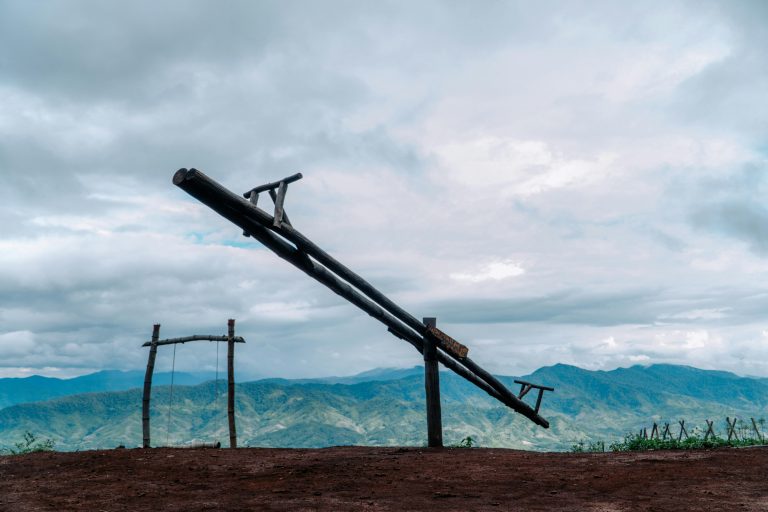I am not Buddhist, but I’m not not Buddhist. Same with Catholicism.
One belief that I share with some Catholics and some Buddhists is that all of life is suffering. For St. Teresa of Calcutta, earthly suffering brings us closer to the state of Jesus, giving us a rare ecstasy that prepares us to meet God. At least, that’s what a nun at Mother Teresa House in Calcutta told me. For Buddhists, accepting that we cannot avoid suffering releases us from its tyranny. Another ecstasy, they say.
I share some of those beliefs, but I don’t see the ecstasy at the end, just an easing of misery. For me, the most immediate suffering is not my shortened life expectancy or the mortifications of the flesh multiple sclerosis has in store for me. It’s the stuff I can’t do, like running without falling or remembering what I must remember to write effectively. I’m intimidated by my novel, and I’m struggling to write a planned short story, even though I know the characters and plot.
These two parts of my life—MS and writing—are tied together. I’ve had only a taste of what MS promises, and even now, I’m struggling to write. I know that if I cannot satisfy my need for a personal purpose in my writing, my will to live will fade. I have loved ones who I care deeply about and whose souls I would never choose to darken, but I also know that I will not live long without a purpose. There’s a reason that over ten percent of MS patients commit suicide.
Watching people—including myself—scroll through endorphins on whatever version of Twitter or Instagram works best for us at the time, I wonder if the only way to escape suffering is to resign ourselves to a vacuous life. I know, though, that whether that resignation lasts minutes or decades, it eventually leads to greater misery. Maybe that’s why we always need a new app, a new thing to pursue, or a new thing to fear. We aren’t happy staring at walls, but most of us, myself included, spend our time doing elaborate versions of nothing.
Hemingway famously said (or famously did not say), “There is nothing to writing. All you do is sit down at a typewriter and bleed.” Whether he said it or not, he lived it. He chased endorphins watching men kill each other in WW1, the Spanish Civil War, and later in WWII, on Omaha Beach, among other bloodbaths. When he wasn’t doing that or killing increasingly impressive animals or treating women like we now treat each other on Tinder, he drank and bled at the typewriter. Finally, on his last day, he drank and then killed the most impressive, dangerous, pathetic animal he knew. Everything he did except writing was centered on killing, the ultimate vacuity, and even D-Day wasn’t enough for him.
I’ve decided to live my misery and find my endorphins at a typewriter, and it’s not going well. I spent four years learning to write fiction and earning a diploma that I expect to place my submissions at the top of the ‘to be read’ pile. But then much of what I learned disappeared in the few blurry months before my treatment started.
I can still craft words, sentences, and paragraphs, but I can’t remember stories and characters or keep theme, tone, or even voice in mind as I write. Except for my paused collaboration, which I don’t think I’ve contributed much to, my longer efforts are a jumble. My only success has been these “A Work in Progress” articles, and I can only complete them if I finish a full first draft in one sitting.
Every time I start a writing session, I expect to fail. When I can force myself to write, I can’t find what matters about my story, regardless of how much potential it seemed to have when I came up with it. I fail to turn my characters into people. I fail to keep my voice. I fail to follow narrative, thematic, and tonal threads. It’s my failure to start, or it’s my failure to finish. I give up too quickly, or I stay with something too long. I won’t stay focused, or I won’t stop obsessing. I fail, always, to bleed life into my creation.
So, I’m sitting here, right now, trying to write. I’m in the most distraction-free environment available to me. I sat down with enough time to explore this bleak topic in one sitting, and I’m near the end. I’m past the hard part and close to a complete first draft. It’s a tiny success, but it’s within my reach.
This article is finished, really, all but my hopeful ending. You see, at my core, I’m an optimist.
And I am hopeful. I have ideas, optimistic ideas, not about what to write, but about how to write with my new, lesion-addled brain. Mostly, these lessons came from my struggles with my collaborator. We found ways to work together, to hold those essential threads in our four hands without breaking them. Here are the lessons, written in the order they spill from the holes in my brain.
– Organization – My outline is my first draft. I cannot write by the seat of my pants, to rely on a writer’s cliché. My exploratory writing must occur within the context of my outline. If my writing provokes a great idea that is inconsistent with the outline, I have to stop writing, take a few notes on what I like about my new idea, and adjust my outline right away. Even a minor tweak to my outline can have a ripple effect and require hours to incorporate, but the alternative risks the coherence of my story.
I now realize I can be helpful in a collaboration, but only if we stay meticulously and annoyingly organized. Otherwise, I get lost. This is also required in my solo efforts, regardless of complexity or length.
– Drafts – My partner wrote our first chapter in one day, and at the end of the day, she wanted to delete it. She was offended by the banality of her work. She called it a list. She denigrated her work and disparaged herself. She offered her resignation. She threatened to quit writing. Of course, I encouraged her to continue, but she was right about the quality of her draft. I know that she’s an exceptional writer who was generous to offer to work with me, but knowing that I was depending on her draft paralyzed her. She took no chances in her writing.
She had taken the paragraphs from our outline describing the events of the first chapter and turned them into twelve pages of characters moving around, doing things, and occasionally talking. The characters were indistinguishable from each other, and the setting was barely mentioned. The language was as dry as a list, but the items of the list, our story beats, were tied together cleverly. She wove the beats of our outline into a coherent progression in which the steps were both inevitable and surprising. In a first draft from an outline, that’s a feat. I convinced her to keep the collaboration going for at least one more day, and each day was better than the previous.
– Characters – We struggled with characters. It’s difficult for a solitary writer to create a cast of living characters with backstories, internal lives, motivations, tastes, dispositions, etc. It’s exponentially more difficult for two writers to come to a common understanding of their creations, and with my memory issues, we were stuck. We eventually decided to base our characters on people we both know. It saved us.
For example, years ago we taught this great kid named Emily, and she’s now the basis of an important secondary character of ours. She looks like Emily. She has her hobbies, her distinctive type of social awkwardness, her backstory, and intelligence. We added characteristics we needed or liked. Our Emily is no longer the Emily, though we love them both. For whatever reason, maybe the luck of where my lesions and cerebral tissue death are, I remember both of them. For us, they both breathe.
– Write, just sit down and write – It seems that work discipline would be more difficult with two people, but the opposite is true. I had a duty to my collaborative partner, and I didn’t want to break it. Not for a single day. I was bossy with her, and she was with me. I don’t know if I can be bossy with myself, but I learned the power of having a writing habit. This may be my greatest ongoing challenge as I try to write, but I have a goal to strive for and a habit I can continue. I have momentum.
I don’t know why my writing partner decided not to write with me. She says she doesn’t quite understand either. She created the main character and story, it was her idea to write the novel with me, and we are twenty thousand words in. I don’t know what went wrong.
In my experience, when something is not going well and people won’t give me an explanation, it’s because I did something wrong, but I don’t think that’s the case here. Our main character, Jojo, was created from our child Joe, but the real human she’s tied to has shifted from Joe to a person neither of us met, though we both loved her. I am getting to know her better as we write, and that’s painful. I sit at my keyboard and bleed, and I believe my writing partner has the same connection to Jojo, and my partner has bled enough for ten lifetimes.
– Theme, narrative voice, and tone – These are grouped together because they become easy if we handle story and character well. Theme relies heavily on story, and tone is mostly determined at the line editing level, which we did together every few days. Still, we needed something more to maintain our theme, and our approach was simple. We defined our theme. We wrote it in our outline. It seems simple, but it’s an uncommon approach. Here it is:
Life is complex, dirty, chaotic, and painful. Love is simple, and only love can deliver us from pain.
That’s it. Our character Jojo falls in love with someone she never meets, even though they sleep in the same bed. She does not understand why her life fell into chaos or how to make order of it, but she finds comfort in the love of her family and friends, living and dead.
That’s it for me, too. I have no idea what mortifications of the flesh MS has in store for me. They’re drawn from a long, nasty list. Some are painful, and some are less painful but can leave me living in a smaller world. Others can change who I am, possibly so much that the person I am now is dead even though what’s left of my body still breathes.
My end will likely look like Hemingway’s, but it will only look like his. I will not die with a dark, poisoned soul. My soul will be joyful, and my final thoughts will be of the people I loved, living and dead.
I learned these lessons from our Jojo.
- SSW Interview of Our Summertime Sadness 100-Word Story Contest Winner - September 1, 2025
- A Work in Progress: Year One - April 8, 2025
- What I Learned Judging a Flash Fiction Contest - November 14, 2024
Sign up to our newsletter to receive new articles and events.




